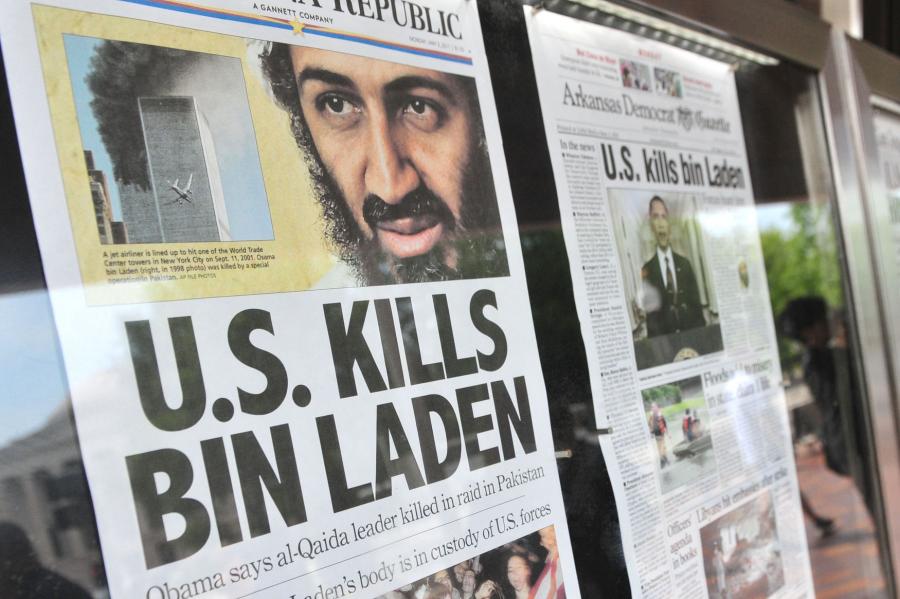
From Robert Bracknell, the New Atlanticist: Killing bin Ladin was not an extrajudicial execution, a murder, or a war crime. It was a combat engagement lawful under U.S. and international legal authority – full stop.
Two rationales undergird the lawful killing of an enemy combatant, including an unlawful combatant such as the transnational terrorist bin Laden: self-defense and jus in bello.
The self-defense justification usually permits a “friendly” combatant to engage an opponent with deadly force when the combatant believes his or her life, or the life of other members of his or her unit or other authorized protected persons (for example, certain noncombatants present in the area, such as ordinary citizens, children, aid workers, or missionaries), is endangered by the hostile acts or intent of an opponent. Whether the opponent is armed is relevant to the self-defense analysis, but does not solely settle the issue. The key factor is whether a combatant reasonably believes life to be in danger; for example, an enemy combatant may appear to have a weapon, even though he is unarmed. If the friendly combatant reasonably fears for his life or that of a protected person, deadly force is permitted and the defensive killing is not unlawful.
Even so, discussion of the location of bin Laden’s weapon and whether he might have been wearing a suicide vest are utterly irrelevant: engaging him with deadly force is most appropriately viewed as grounded on the second rationale: jus in bello.
The law pertaining to the conduct of hostilities, which has developed since antiquity and includes certain provisions of the modern Geneva and Hague conventions, permits the sanctioned killing of an opponent in an armed conflict, regardless of whether he is armed at the moment he is engaged. So long as the opponent meets the minimum criteria to be regarded as a combatant (even an unlawful combatant), he may be engaged with deadly force, even if he is separated from his weapon. He may be killed while sleeping, eating, taking a shower, cleaning his weapon, meditating, or standing on his head. It is his status as an enemy combatant, not his activity at the moment of engagement, which is dispositive. . . .
The intellectual energy spent obsessing and hand-wringing over bin Laden’s death would be better spent on less clear-cut law of armed conflict issues facing the nation and the international community.
Butch Bracknell is a lieutenant colonel in the U.S. Marine Corps. A career military lawyer, he is a Senior Fellow at the Atlantic Council.
Image: osama-bin-laden-killed-newspapers.jpg
